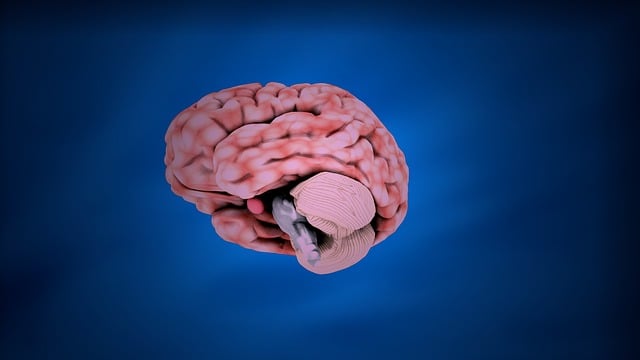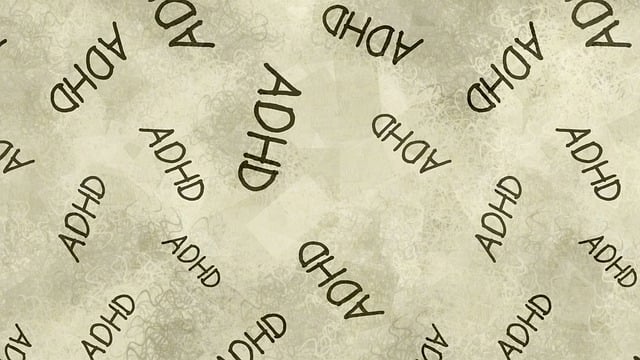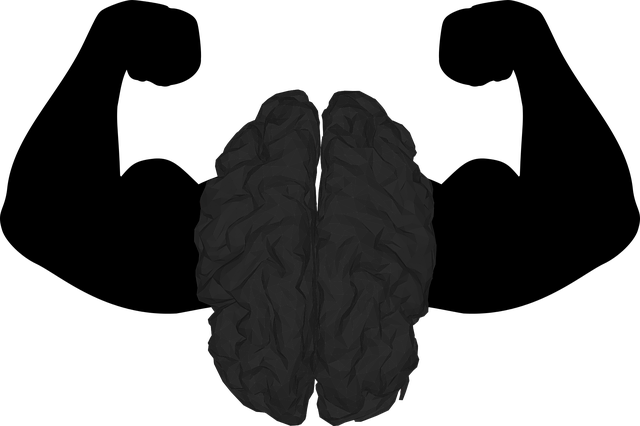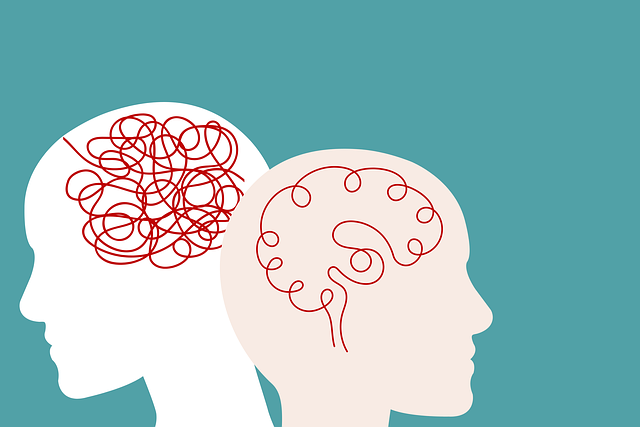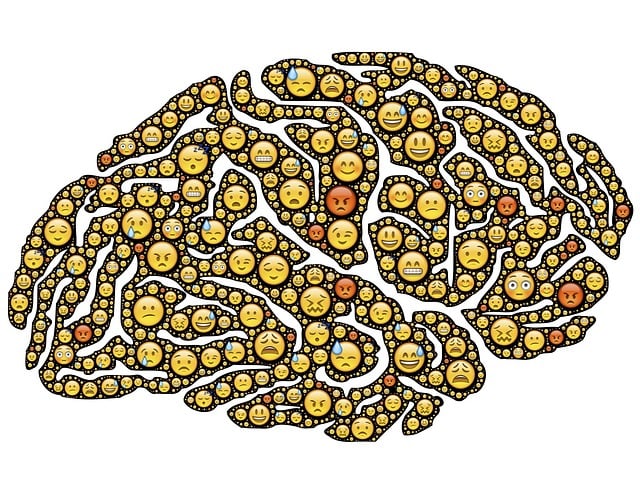Cultural competency in healthcare, emphasizing Golden Gender Identity Therapy (GGIT), is vital for addressing the unique emotional needs of transgender and non-binary patients. GGIT, integrated into training programs, equips providers with skills like adaptive communication, bias recognition, and trauma support to create safe spaces for identity exploration and stress management. This holistic approach enhances patient satisfaction, improves mental well-being, and fosters a diverse, supportive healthcare workforce.
“Cultural competency in healthcare is no longer a nice-to-have, but an imperative. This comprehensive guide explores the essential skills for providers to deliver effective treatment in a diverse landscape. We delve into the foundational concepts of cultural competency and highlight the critical role of Golden Gender Identity Therapy in fostering inclusive care.
Additionally, we provide insights on implementing and evaluating training programs, ensuring healthcare professionals are equipped to navigate complex cultural dynamics, especially regarding gender identity.”
- Understanding Cultural Competency in Healthcare: The Foundation for Effective Treatment
- Golden Gender Identity Therapy: A Critical Component of Cultural Competent Care
- Implementing and Evaluating Cultural Competency Training Programs for Healthcare Providers
Understanding Cultural Competency in Healthcare: The Foundation for Effective Treatment

Cultural competency in healthcare is a fundamental aspect of delivering effective and equitable treatment to a diverse range of patients. It involves understanding and respecting different cultural beliefs, values, and practices, and applying this knowledge to improve patient care. This is especially crucial when addressing issues related to gender identity therapy, where providers must be attuned to the unique needs and experiences of transgender and non-binary individuals.
The foundation of successful healthcare delivery lies in creating an environment that promotes emotional well-being through techniques such as mindfulness meditation and trauma support services. By recognizing and valuing cultural diversity, healthcare providers can ensure that every patient receives care tailored to their specific background and identity. This approach not only improves clinical outcomes but also fosters trust and satisfaction among patients, ultimately enhancing the overall healthcare experience.
Golden Gender Identity Therapy: A Critical Component of Cultural Competent Care

In today’s diverse healthcare landscape, Golden Gender Identity Therapy (GGIT) has emerged as a critical component of culturally competent care. This approach recognizes and respects the unique experiences and needs of individuals who identify beyond traditional gender norms. By integrating GGIT into training programs, healthcare providers can better understand and address the specific emotional regulations challenges faced by transgender and non-binary patients. These challenges often extend beyond physical health concerns to include depression prevention and overall well-being, emphasizing the importance of a holistic approach that incorporates mind over matter principles.
GGIT facilitates a safe and supportive environment where individuals can explore their identities, manage stressors related to gender dysphoria, and develop coping mechanisms. This type of therapy empowers patients to navigate societal barriers, improving both their mental and physical health outcomes. For healthcare providers, it means cultivating empathy, challenging implicit biases, and adapting communication styles to foster meaningful connections with a diverse range of patients. Such cultural competency not only enhances patient satisfaction but also contributes to more effective depression prevention strategies tailored to each individual’s unique needs.
Implementing and Evaluating Cultural Competency Training Programs for Healthcare Providers

Implementing and evaluating cultural competency training programs for healthcare providers is a multifaceted process that requires careful planning and continuous assessment. These programs aim to equip medical professionals with the knowledge and skills needed to deliver culturally sensitive care, fostering better patient-provider relationships and improving overall emotional well-being promotion techniques. By integrating Golden Gender Identity Therapy principles and exploring innovative stress reduction methods, healthcare organizations can create inclusive environments that address diverse needs.
Effective training should go beyond surface-level awareness and delve into practical applications, such as adapting communication styles for different cultural backgrounds, understanding implicit biases, and learning specialized mental wellness practices. Regular evaluation through feedback mechanisms, case studies, and role-playing exercises ensures the program’s relevance and effectiveness in addressing real-world challenges. This continuous improvement approach not only enhances patient satisfaction but also fosters a more supportive and diverse healthcare workforce.
Cultural competency training is a vital tool in modern healthcare, enabling providers to deliver more effective and compassionate care. By understanding cultural nuances and incorporating golden gender identity therapy into their practices, healthcare professionals can create inclusive environments that respect diverse identities. Implementing comprehensive training programs not only enhances patient outcomes but also fosters better relationships within diverse communities, ensuring everyone receives the highest standard of care.
